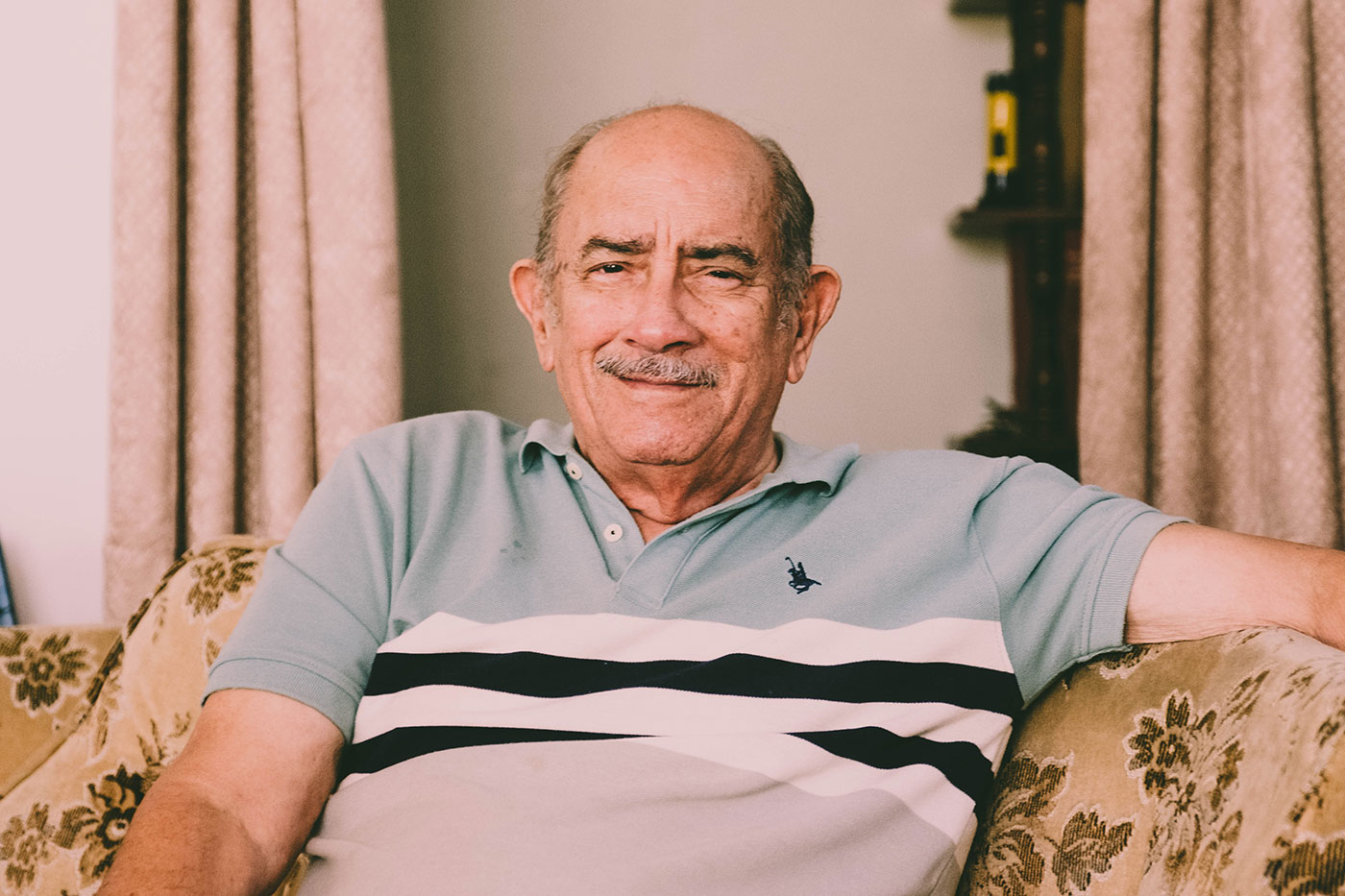There are several types of hormonal therapy. They are given as injections and the most common are: Gosrelin (Zoladex®), Leuporelin (Prostap®) and Triptorelin (Decapeptyl® and Gonapeptyl Depot®).
Treatment is either once a month or every three months, usually given by a GP or Practice Nurse. They can be injected into the skin of the lower abdomen or arm or leg.
Before men start hormonal injections, you will be given a course of tablets called anti-androgens such as Flutamide, Cyproterone Acetate or Biclutamide. These may be given two weeks before hormonal therapy begins and for a short time afterward.
Once started, hormonal therapy will cause a drop in testosterone, leading to a lower PSA level. This happens because the therapy is ‘starving’ the cancer.

